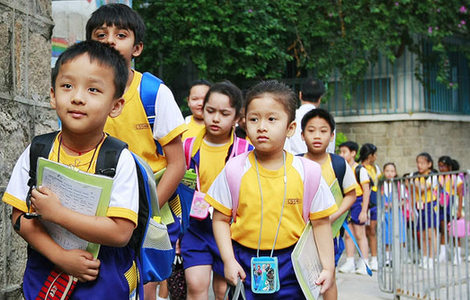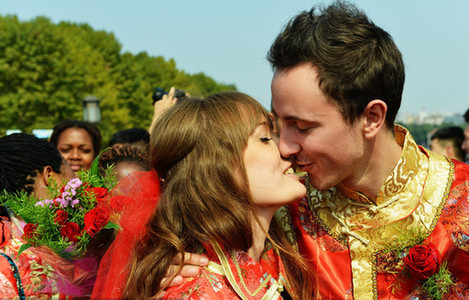Having babies from abroad
Updated: 2014-10-08 07:59
By YANG WANLI(China Daily)
|
||||||||
 |
|
Sheng Hailin, 60, gave birth to twins through in vitro fertilization. GUO CHEN/XINHUA |
|
Worldwide differences Rules on surrogacy vary from country to country, which can lead to pitfalls and complications for would-be parents. United Kingdom: It is legal to use a surrogate mother but couples can only pay reasonable expenses. Using a foreign surrogate mother is not explicitly outlawed, but a couple bringing a child born of a surrogate mother into the UK must apply for a parental order to have parental rights. India: Having a surrogate mother as commercial surrogacy is legal, and the costs are significantly lower than in developed nations. Since 2013, would-be parents traveling to India must have a surrogacy visa, which are only available to heterosexual married couples living in a country that accepts cross-border surrogacy. Sweden: Surrogacy is not clearly regulated in Swedish law but it is illegal for the country's fertility clinics to make surrogate arrangements. The legal procedure most equivalent to it is making an adoption of the child from the surrogate mother. However, the surrogate mother thereby has the right to keep the child if she changes her mind until the adoption. But the biological father may also claim right to the child. Canada: The Assisted Human Reproductive Act permits only altruistic surrogacy: Surrogate mothers may be reimbursed for approved expenses but payment of any other consideration or fee is illegal. Quebec law, however, does not recognize surrogacy arrangements, whether commercial or altruistic. Other countries: It is also legal to pay surrogate mothers in Ukraine, Georgia and Russia. But the practice is banned in many countries, including Germany, Italy and France. |
Generally speaking, overseas parents are required to travel to the US three times. First, they will visit the center for a one-on-one consultation with lawyers and surrogate mothers. Contracts are signed after a decision is made.
"We have a big pool of surrogate mothers of different races, including Asian," Liu said. "But usually, I recommend clients choose a white or black surrogate mother because they are stronger and have thicker uterine walls."
The second visit is mainly for the in vitro fertilization process. During the pregnancy, the center will check the physical and mental condition of the surrogate mother every week and update the clients on her condition.
"If required, we can also arrange video calls between surrogate mother and intended parents," she said.
"Ten months after that, the clients fly to the US for the third time and take their lovely baby back. However, travel and accommodation costs are not included in our package.
Compared with the success rate of IVF in China's top fertility hospital, at 30 to 50 percent, the rate in the US is as high as 83 percent, Liu said.
The Tangs had left the office in Beijing after about an hour, but were still concerned about the center's reliability.
"We should pay a visit to California, at least to make sure the center is there and is legally protected," Tang said.
Infertility issues
An increasing number of couples in China have been facing infertility in recent years. A report from the China Population Association showed that the infertility rate among people of childbearing age rose from 3 percent in 1992 to 12.5 percent in 2012, equivalent to 40 million people.

 Silent HK majority urged to support government
Silent HK majority urged to support government
 Lunar eclipse in Asia and the Americas
Lunar eclipse in Asia and the Americas
 Hot air balloon challenge in Wuhan
Hot air balloon challenge in Wuhan
 Cultural bridge key for China, US
Cultural bridge key for China, US
 Romance at the West Lake
Romance at the West Lake
 Traffic embraces busiest day for holiday week
Traffic embraces busiest day for holiday week
 Chinese tourists flock to US for Golden Week
Chinese tourists flock to US for Golden Week
 Chinese insurer buys NYC's Waldorf Astoria Hotel
Chinese insurer buys NYC's Waldorf Astoria Hotel
Most Viewed
Editor's Picks

|

|

|

|

|

|
Today's Top News
Hopes for US, China trade high: experts
Xinjiang Corps to step up fight against evil forces
US offers to help tap Chinese market
Chinese tech giants pump up US startups
Chinese soldiers join exercises with Australia, US
Insurance group buys the Waldorf
Chinese having babies from abroad
A concrete step forward to mend ties
US Weekly

|

|








